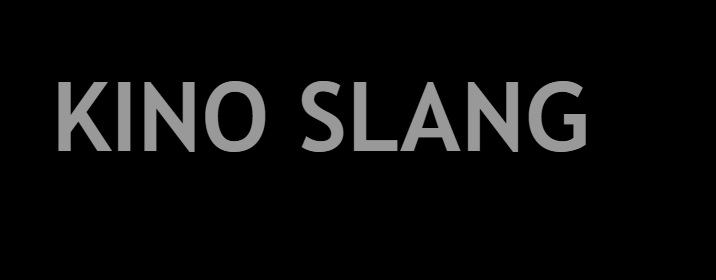"At the risk of being a bit pompous, political cinema is the one that ends with saying: 'Sickle and hamer, cannons, cannons, dynamite!'
This is where we're at, there are no alternatives, we shouldn't be afraid of saying this. But when it happens, it will be very costly. "








